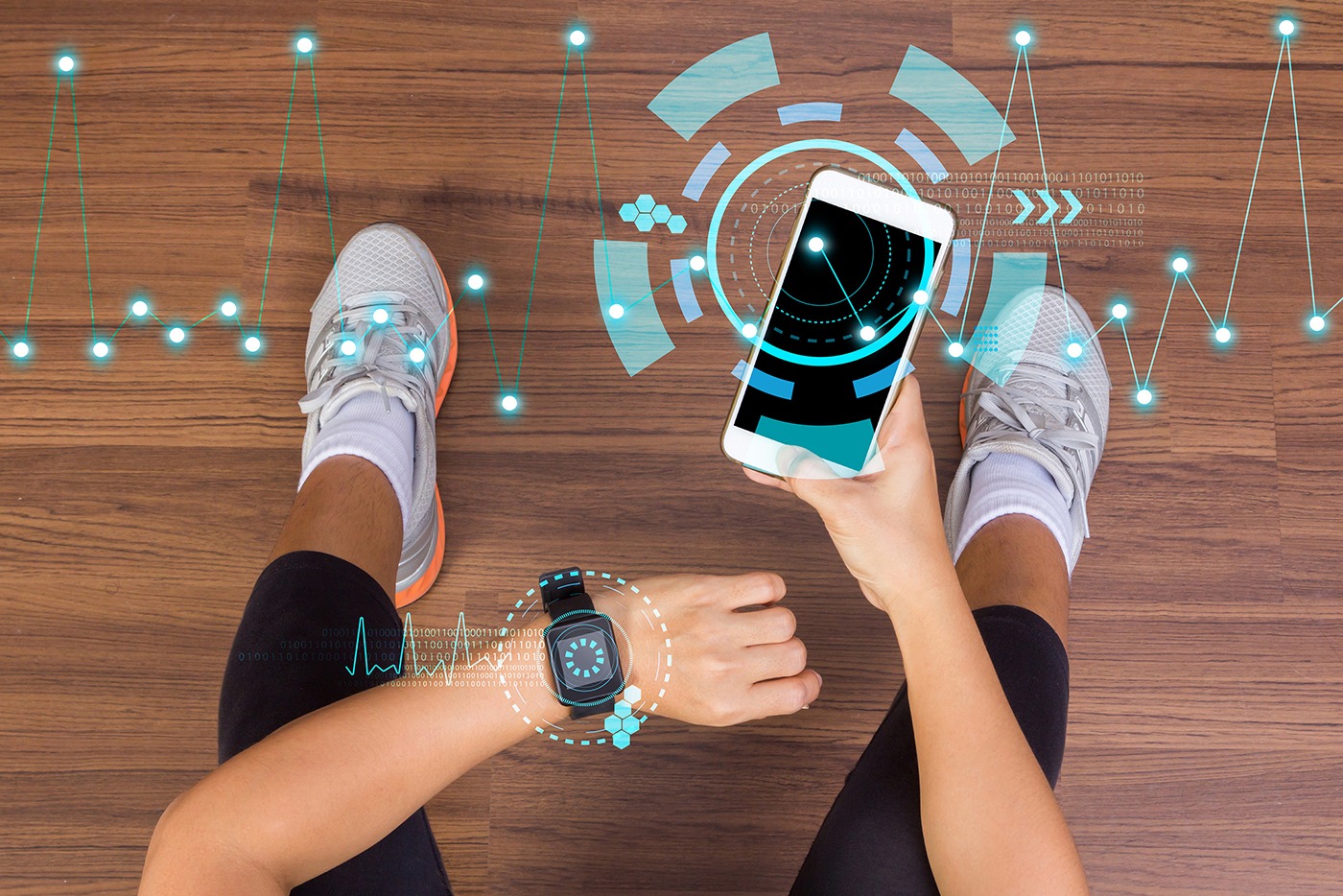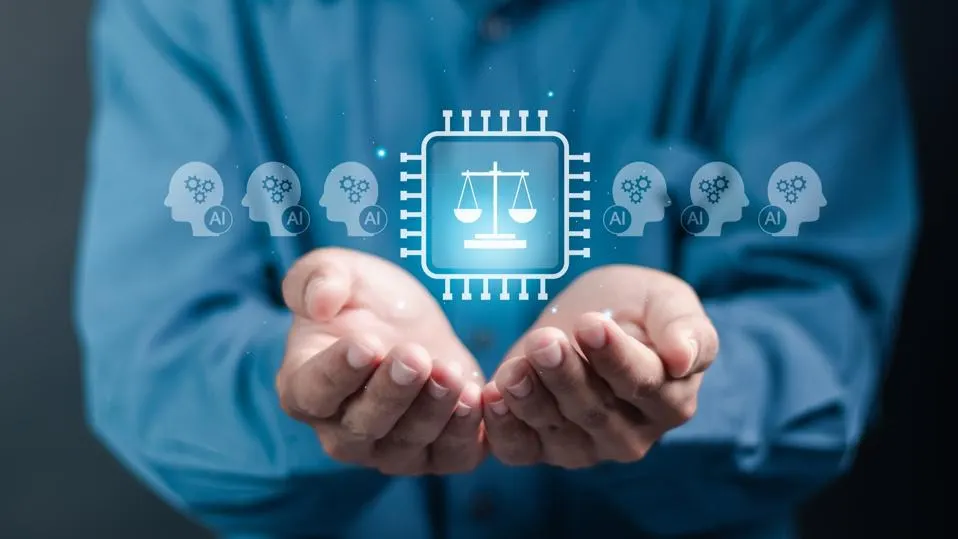The Best Smart Watches In 2023 / 2024: From Blood Sugar Monitoring To AI Personal Training
26 September 2023
Apple popularized the smartwatch, just as it did with the smartphone when it released the Apple watch in 2015. But it wasn’t the first – IBM released the WatchPad, which ran on a cut-down version of the Linux operating system way back in 2001. And who remembers the Pebble? Funded via a Kickstarter campaign in 2011, it was one of the first watches to pair with a smartphone to deliver notifications to your wrist.

And smartwatch makers continue to innovate by adding new features and functions, as well as producing sleeker, lighter and more user-friendly designs. Here’s a roundup of some of the most exciting and interesting watches that have hit the market recently, along with a few glimpses of what watch-loving gadget heads can expect to see in the near future.
Huawei Watch 4/ Watch 4 Pro
Huawei has launched the first watch to feature non-invasive blood glucose monitoring. This is a feature that other watchmakers, including Apple, have been aiming to develop for some time, but the Chinese manufacturer is the first to market. The device doesn’t measure blood sugar levels directly; instead, it tracks a number of other health metrics that can be used to give indicators of high or low blood sugar levels. This means it won’t replace invasive blood sugar monitors that require diabetics to prick their finger to draw blood, but it can still be used to provide early warning of a hyperglycemic or hypoglycemic episode.
Apple Watch Ultra
Available now for about a year, the Ultra has carved out a place for itself as the top-end watch in Apple's ever-growing lineup. It distinguishes itself by having a titanium exterior, designed to be durable in extreme conditions, and enabling it to boast a water resistance of up to 600 meters. New battery technology has also enabled Apple to extend the battery life – not a strong point of earlier models – to a useful 36 hours. For these reasons, it’s marketed as a watch for adventurers or lovers of extreme sports – if this describes you, you might also want to check out the Garmin Fenix 7 or the Polar Grit X Pro watches.
Google Pixel Watch 2
Rumors have it that the second iteration of Google's smartwatch will feature an enhanced version of the Body Response stress detection system featured in the Fitbit Sense 2. This would make sense as Fitbit is owned by Google, and it may want to include the most sophisticated elements of its subsidiary’s technology in its own flagship device. While previous versions of the stress detection technology leverage machine learning to monitor a number of metrics, including perspiration, heart rate and skin temperature, to provide a daily score, the latest Body Response system enables real-time reporting that can send an alert when it detects a rise in stress levels.
Amazfit Cheetah
Generative AI comes to smartwatches, thanks to the Cheetah's Zepp AI coaching application. This watch incorporates a large language model that enables it to answer questions and provide information as if you had a personal trainer strapped to your wrist. It also offers AI-powered advice and guidance on your training program, including personalized recommendations and GPS routing.
Fitbit Ace 4
Rumored to be launching later in the year, this is the latest version of Fitbit's range of fitness tracker watches specifically designed for children. As well as parental controls, it features a kid-friendly design, a high level of customization, and kid-friendly versions of Fitbit apps with a focus on fun and gamification of fitness activities. A rugged design helps it to stand up to the trips, falls and spills that are all too often a part of children’s lives.
Citizen Smart Touchscreen Gen-2
Another AI-assisted watch, Citizen's latest model, is powered by IBM's Watson AI engine. This takes the form of a built-in self-care advisor designed to build up an intelligent understanding of the wearer’s lifestyle, physical health and activity levels. It also leverages machine learning algorithms developed by NASA to help understand the day-to-day alertness and energy level fluctuations experienced by astronauts to provide automated suggestions on the best times to exert yourself or rest in order to efficiently use energy throughout the day.
Related Articles
Will AI Solve The World’s Inequality Problem – Or Make It Worse?
We are standing on the cusp of a new technological revolution. AI is increasingly permeating every aspect of our lives, with intelligent machines transforming the way we live and work.[...]
How You Become Irreplaceable In The Age Of AI
In a world where artificial intelligence is rapidly advancing, many of us are left wondering: Will AI take our jobs?[...]
Why Apple Intelligence Sets A New Gold Standard For AI Privacy
In the rapidly evolving world of artificial intelligence, privacy concerns have become a hot-button issue.[...]
Can Your Device Run Apple Intelligence? What You Need To Know
Apple's announcement of Apple Intelligence has sent waves of excitement through the tech world.[...]
10 Amazing Things You Can Do With Apple Intelligence On Your IPhone
Apple Intelligence is poised to revolutionize the iPhone experience, offering a suite of AI-powered tools that promise to make your digital life easier, more productive, and more creative.[...]
Agentic AI: The Next Big Breakthrough That’s Transforming Business And Technology
The world of artificial intelligence is evolving at a breakneck pace, and just when you thought you'd wrapped your head around generative AI, along comes another game-changing concept: agentic AI.[...]
Sign up to Stay in Touch!
Bernard Marr is a world-renowned futurist, influencer and thought leader in the fields of business and technology, with a passion for using technology for the good of humanity.
He is a best-selling author of over 20 books, writes a regular column for Forbes and advises and coaches many of the world’s best-known organisations.
He has a combined following of 4 million people across his social media channels and newsletters and was ranked by LinkedIn as one of the top 5 business influencers in the world.
Bernard’s latest book is ‘Generative AI in Practice’.










Social Media